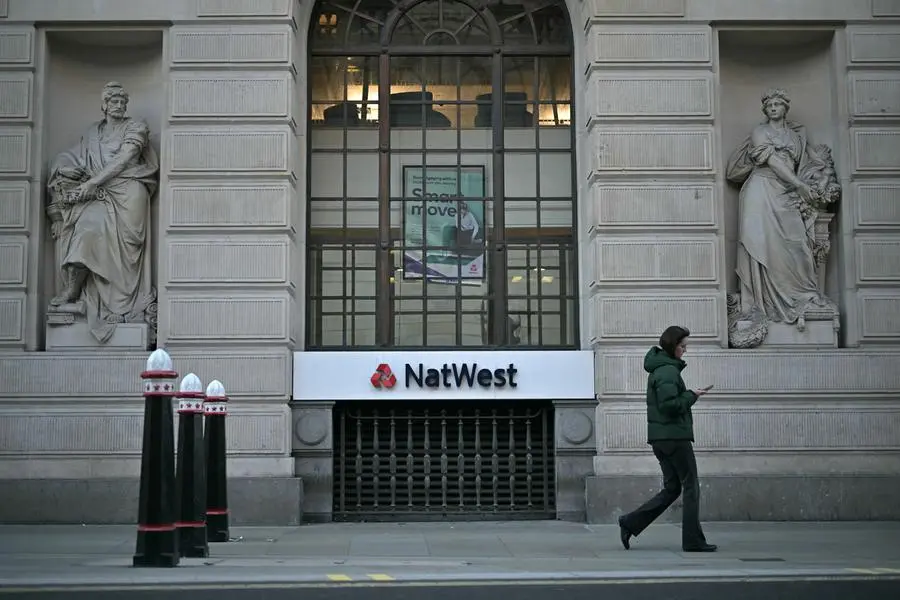British bank NatWest announced on Friday that its net profit surged by 35% in the third quarter, fueled by higher revenues and reduced costs. The lender reported a profit after tax of £1.17 billion ($1.52 billion) for the three months ending in September, marking a significant increase compared to the same period last year.
NatWest’s Chief Executive, Paul Thwaite, emphasized the bank’s commitment to its 19 million customers across the UK, stating, “The strength of our performance is underpinned by the support we provide.” He noted that increasing customer activity, low default rates, and optimism among both businesses and consumers position NatWest for continued success in the coming months and years.
Following the announcement, NatWest’s shares rose nearly 5%, making it the top performer in early trading on London’s FTSE 100 index, which remained steady overall. Richard Hunter, head of markets at Interactive Investor, remarked, “The stars have been aligning for NatWest, and this latest quarter has added to the growing momentum, prompting another upgrade to its guidance for the full year.”
The bank’s revenue climbed by 7% to £3.7 billion during the reporting period, while costs fell by more than 5%. Additionally, NatWest revealed a deal to acquire a £2.5 billion portfolio of residential mortgages from smaller rival Metro Bank.
Thwaite highlighted the bank’s lending growth in the third quarter, stating, “We have grown our lending, helping customers to buy or remortgage their homes or to start and grow their businesses.”
NatWest, formerly known as the Royal Bank of Scotland, is still approximately 15% owned by the UK government following a bailout during the 2008 global financial crisis.
Meanwhile, HSBC is set to complete the current round of earnings reports from major British banks, with its announcement scheduled for Tuesday, just a day before the Labour government presents its first budget amid speculation of a potential windfall tax on lenders. Barclays reported a 23% increase in net profit for the third quarter, benefiting from improved performance in its core UK and investment divisions, while Lloyds Banking Group disclosed a drop in profits after tax, though its results were still better than expected, similar to those of NatWest and Barclays.





